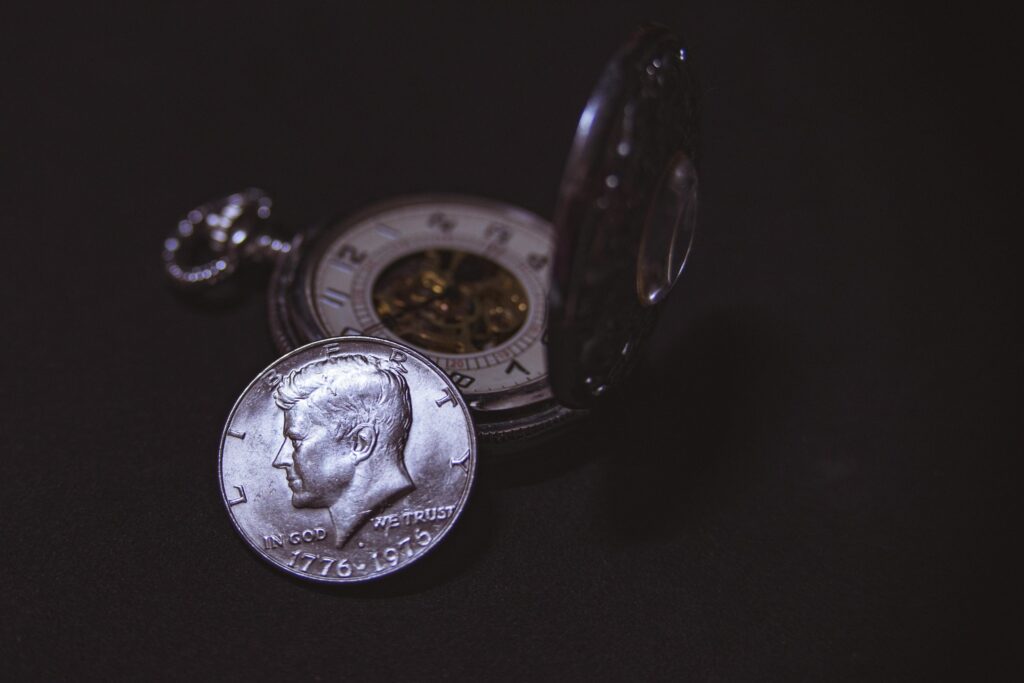CHAPTER 7
Introduction to the Minoan Civilization
The Minoan civilization, one of the earliest advanced civilizations in Europe, flourished on the island of Crete between 3000 BCE and 1100 BCE. It was named after the legendary King Minos and is known for its remarkable achievements in art, architecture, trade, and maritime activities. The Minoans built grand palaces, such as the Palace of Knossos, which featured intricate designs, advanced drainage systems, and beautiful frescoes. They were skilled traders, establishing connections with Egypt, Mesopotamia, and other Mediterranean regions. The civilization declined due to natural disasters like the volcanic eruption of Thera and invasions by the Mycenaeans. Despite its fall, the Minoan culture greatly influenced later Greek civilization.
Answer the following questions:
Question 1: How do we know that the Minoan civilization had reached great heights of excellence in the fields of art and craft?
Ans: The Minoan civilization is known for its advanced art and craftsmanship. Archaeological discoveries at Knossos reveal beautifully painted frescoes, pottery, sculptures, and intricate gold jewelry. The Minoans also built magnificent palaces with complex architectural designs, reflecting their artistic and technical skills.
Question 2: What led to the decline of the Minoan civilization?
Ans: The decline of the Minoan civilization was caused by multiple factors, including natural disasters and foreign invasions. The massive volcanic eruption on the island of Thera (Santorini) around 1600 BCE led to tsunamis and earthquakes, weakening the Minoans. Later, the Mycenaeans from mainland Greece invaded and took control, marking the end of Minoan dominance.
Question 3: Mention two important features of the democratic system of government that was developed by Pericles.
Ans:
- Direct Democracy – All male citizens had the right to participate in the decision-making process and vote on laws in the Assembly.
- Equal Rights and Public Offices – Pericles introduced policies that allowed even the poor to hold public office, ensuring greater participation in governance.
Question 4: Who were the members of the General Assembly? Where, when, and why did they meet?
Ans: The General Assembly of Athens consisted of all free male citizens above the age of 18. They met on the Pnyx Hill in Athens, usually every ten days, to discuss and vote on important political matters, including laws, war decisions, and public policies.
Question 5: Name three famous Greek philosophers.
Ans: The three famous Greek philosophers were:
- Socrates – Known for his method of questioning to seek truth and wisdom.
- Plato – A student of Socrates, he wrote “The Republic” and founded the Academy.
- Aristotle – A student of Plato, he contributed to philosophy, science, and politics and was the tutor of Alexander the Great.
Have a look on the essay on Evil of Wars Essay For Class 6
Read the Question and Answer on The Mesopotamian Civilization
Question 6: Mention two religious beliefs of the Greeks.
Ans:
- The Greeks believed in many gods and goddesses who controlled different aspects of life and nature, such as Zeus (King of Gods) and Athena (Goddess of Wisdom).
- They believed in oracles and prophecies, often seeking guidance from the Oracle of Delphi before making important decisions.
Question 7: When and where were the original Olympic Games held?
Ans: The original Olympic Games were held in 776 BCE in Olympia, Greece. They were organized every four years in honor of Zeus and included events such as running, wrestling, and chariot racing.
Question 8: Name the temple built in honor of Goddess Athena. Why is it so famous?
Ans: The Parthenon was built in honor of Goddess Athena. It is famous for its stunning architecture, featuring massive columns and intricate sculptures. It symbolizes the height of Greek art, culture, and democracy during the Golden Age of Athens.
Question 9: How was Greek culture preserved and promoted by the following:
- King Philip of Macedonia: He united Greece under Macedonian rule and spread Greek culture by supporting scholars and philosophers.
- Alexander the Great: He expanded Greek civilization by conquering vast regions, spreading Greek language, art, and learning across Egypt, Persia, and India.
- The Romans: They adopted many aspects of Greek culture, including literature, philosophy, and architecture, preserving and spreading Greek knowledge throughout the Roman Empire.


